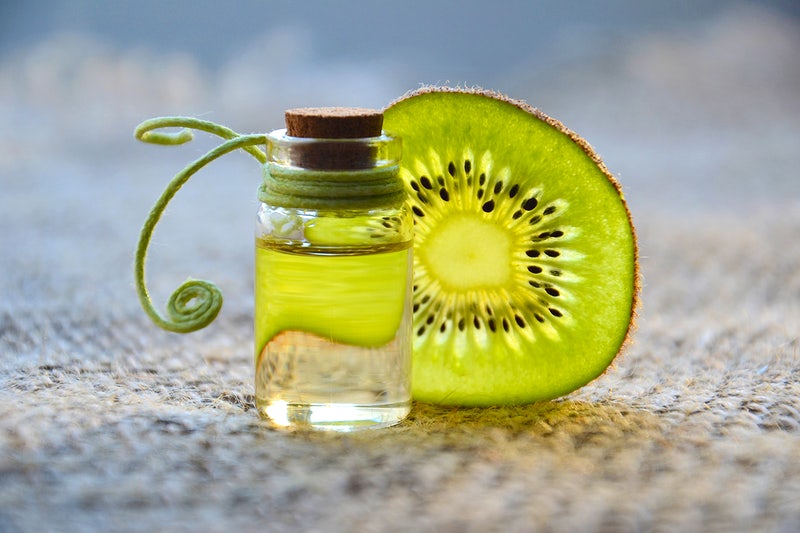Can Essential Oils Cure Fever?
Terry's Natural Solutions provides information about the health benefits associated with essential oils. Their latest article was about essential oils and fever cure.
According to their research, they have found that certain essential oils could be beneficial in relieving symptoms of fever. We will explore the possible benefits of essential oils in combating fever.
What is Fever?
It can be a sign of various illnesses and ailments. The body's temperature is greater than normal. Fever can be caused by inflammation, infection, or other medical conditions.
It is usually accompanied by other symptoms, such as chills, body aches, and fatigue. It can be difficult to perform normally in the event of these signs. However, the symptoms of fever are typically not harmful and goes away on its own within a few days.
Visit Terry's Natural Market Now!
Can Essential Oils Cure Fever?
There is no single solution to this issue. Some essential oils may help to reduce fever symptoms but others might not have any impact whatsoever. Essential oils' effectiveness will depend on which oil is utilized and how it was used.
Peppermint, eucalyptus and lavender are some essential oils that help reduce fever. These oils can be taken inhaled or applied to the skin. It is crucial to follow the instructions on the label when using essential oils.
Essential oils aren't a cure for fever but they can help alleviate symptoms and make you feel more at ease. If you are experiencing a fever that is accompanied by other signs, such as chest pain or breathing problems it is crucial to seek medical attention immediately.
Types Of Essential Oils:
There are a variety of essential oils, each with its own unique advantages. The essential oils listed below are some of the most popular:
Lavender oil: Lavender oil is one of the most sought-after essential oils and can be utilized for many purposes. It is renowned for its relaxing and soothing properties. It can also be utilized to ease anxiety as well as stress and insomnia. You can also apply it on your skin to heal cuts and scrapes.
Peppermint oil: The cooling effect of peppermint oil can relieve headaches, migraines, nausea, and many other symptoms. It can also be inhaled to ease sinus and congestion.
Eucalyptus oil Eucalyptus oils have a soothing scent that is almost menthol-like. It can clear your sinuses and aid in respiratory problems. It can also be used for the relief of pain and stiffness in muscles.
Tea tree oil: Tea tree oil is an antifungal and antibacterial ingredient that can be used to treat skin issues like athlete's foot, acne and dandruff. It can also be utilized to disinfect surfaces, or to act as an natural insecticide.
The first step to using essential oils effectively is to understand which oil best suits your requirements and how to use it properly. If you have any concerns, make sure to read the label carefully and consult your healthcare professional.
How to Care For A Sick Person
If someone is sick, it is best to give them lots of fluids and let them take a break. It is possible to give the patient ibuprofen or acetaminophen when they're suffering from an illness that causes fever. You should also make sure that they are staying hydrated by drinking plenty of fluids or clear liquids such as soup or broth.
It is essential to replenish fluids if the sufferer is experiencing vomiting or diarrhea. Gatorade as well as other sports drinks can be beneficial, but it is important to consult an expert if the patient becomes seriously dehydrated.
Conclusion
In the end, there is no conclusive answer to whether or not essential oils are able to treat fever. However, some essential oils could help lower symptoms of fever. It is essential to follow the directions on the label when using essential oils, and also to speak to a doctor if the fever doesn't decrease or if a person is dehydrated.

